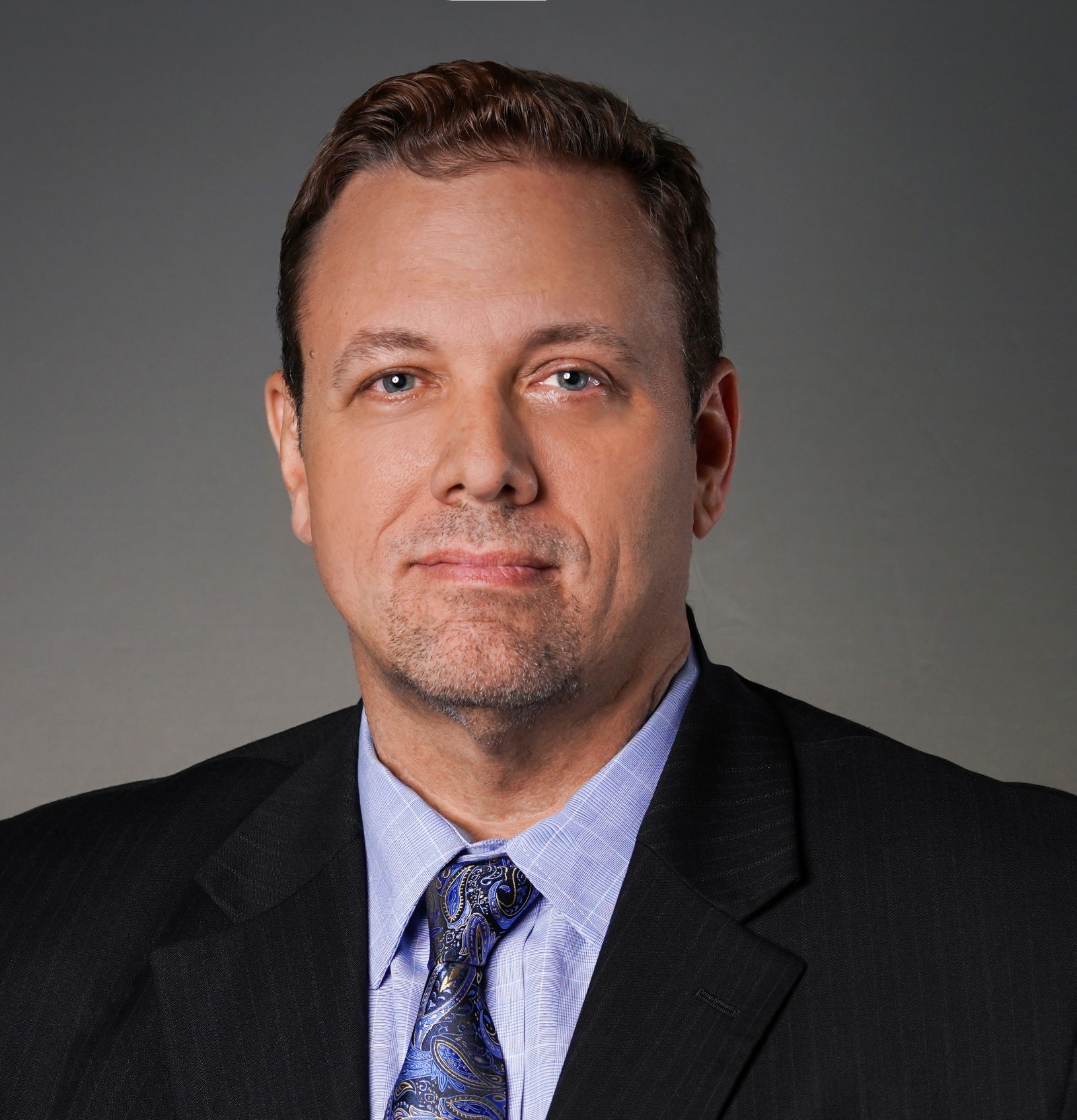
After a Defense Base Act insurance carrier, typically AIG, Starr Indemnity and Allied World or third-party administrators Gallagher Bassett and Broadspire, learns that a private military contractor is injured, an adjuster will be assigned to take a “recorded statement” or send out a questionnaire. Do not agree to DBA recorded statements or fill out questionnaires without first Talking to a DBA Lawyer. You are not obligated to do so. It is important to know that recorded statements in Defense Base Act claims are not designed to help your case.
The DBA adjuster typically is pleasant, accommodating, and reasonable. This is purposeful. The DBA claims adjusters have common and simple goals, to delay, deny and defend your injury or PTSD claim. The adjuster will ask questions in recorded statements and questionnaires to use against workers when settling valuable DBA claims.
The DBA claims adjuster is someone the insurance carrier hires, either in-house or through a third-party administrator such as Gallagher Bassett or Broadspire. The DBA claims adjuster will surely call you either before you leave to come back home for treatment or right afterwards. The adjusters want to reach workers before they talk to a DBA lawyer in order to elicit responses to use against them. For example, adjusters oftentimes ask if the worker only plans to work another year or two or if they had a plan to stop contracting work. Many types of injuries, such as PTSD or herniated discs, hip injuries, shoulder injuries, and more are payable for life because the damage is actually damage to a workers ability to earn the income he or she earned before the injury. Therefore, it is imperative to understand the meaning behind such a question – which is to argue later against paying a worker for life, when the worker stated in a recorded statement, right after an injury, that he or she only planned on doing this work for another year while recovering from a life- changing injury.
changing injury.
Sometimes DBA lawyers, like the author of this article, will agree to a recorded statement only after the lawyer prepares his client and attends the recorded statement. Also, it is important that an injured worker is not giving such a statement while under the influence of medications. A skilled DBA lawyer knows what questions will be asked. What is said during recorded statements could be used against you to reduce your DBA settlement. So, it is critical to speak with a DBA lawyer before you give a recorded statement.
Contact DBA attorney, Tim Nies, for free at 772-283-8712 or [email protected]